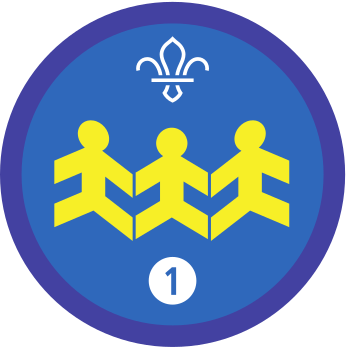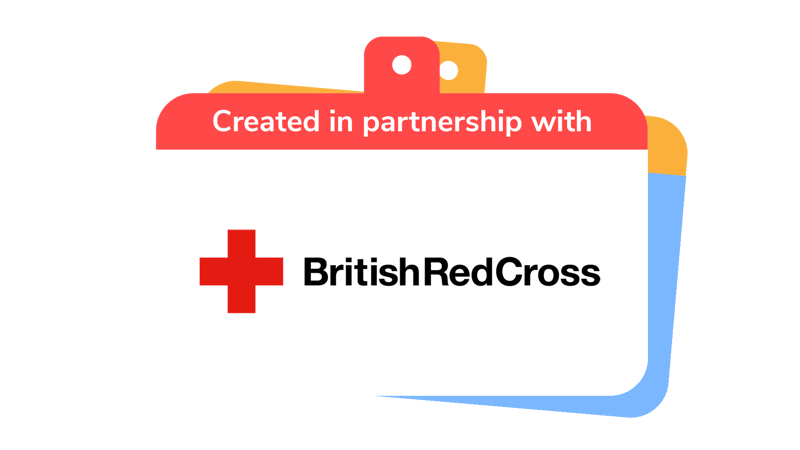
Become a kindness champion
You’ll need
- Coloured pens or pencils
- A4 paper
Before you begin
- Remind yourself of everything people have done to champion kindness: how did they identify the need, plan action, and take action?
- If you have resources people made, or photos and videos of them taking action, bring them to show everyone. You could ask people to bring their own photos and resources too.
- Write the Questions to ask on six pieces of paper and display them around your meeting space.
- What theme did we explore?
- What did we do?
- Why did we do it?
- How did it make you feel? What skills did you develop?
- How did the project make a difference for people or the environment?
- What could we do next?
Remember, remember
- The person leading the activity should help everyone remember the main details about their project so far. They should use any resources, photos, or videos to help jog people’s memories.
- Everyone should split into six groups. Each group should go to a different piece of paper with a question on.
- Each group should spend two or three minutes thinking about each question, chatting with their friends, and jotting down their ideas.
It’s especially important to write down the answers to the final question.
- The person leading the activity should keep track of time. After a few minutes, they should tell everyone to move to the next sheet of paper. Everyone should keep moving around until they’ve had a chance to reflect on each of the six questions.
- Everyone should share their ideas.
This is a great chance to congratulate everyone again – take a moment to celebrate successes and people’s hard work.
Become a kindness champion
- The person leading the activity should explain that kindness champions are people who’ve said they’ll act as kindness role models by challenging unkind acts, spreading kindness, and doing acts of kindness for others. Kindness champions can be kind locally, nationally, or even internationally.
Scouts and British Red Cross hope that 20,000 young people and volunteers will make a kindness pledge and become a kindness champion. You could talk about the difference this could make.
- Everyone should split into small groups.
- Each group should chat about the pledges they could make. They could think about things they can do on their own and things they could do as a group.
We’ve included some examples below. You could also look at the British Red Cross leaflet.
- Everyone should decide on a kindness pledge – something they’ll do in the future to show kindness to others.
- Everyone should record their pledge on the Kindness pledge sheet or a sheet of paper.
You could display these in your meeting place.
- The person leading the activity should share the pledges on social media.
- I’m not ready to stop yet: I want to continue my project (and work towards the next stage of my Community Impact Staged Activity Badge).
- I’m going to run a community event linked to my project to show everyone what we’ve done and how they can help.
- I’m pledging to do a kind act every day.
- I’ll run a session to tell other young people about our project and the difference we made.
- I’m going to run an activity about our project at a camp.
- I’m feeling creative: I’m going to design a video, poster, or drama to raise awareness of the British Red Cross and our project.
- I want to write to decision makers (for example, my local MP or people in my local council) to tell them about our project and what we’ve learned.
- I’m 15 or older, so I’m going to become a Scout speaker for the British Red Cross.
- I’m going to volunteer with the British Red Cross.
- I want to stick with the theme of kindness in every community, but start a new project linked to first aid, loneliness, or preparing for an emergency.
- I want to plan another project that supports the British Red Cross or my local community.
- I’m ready for something new: I’ll plan a project from a different A Million Hands theme.

This activity helps contribute towards some of the UN's Sustainable Development Goals. Find out more about the SDGs, and how Scouts across the world are getting involved.
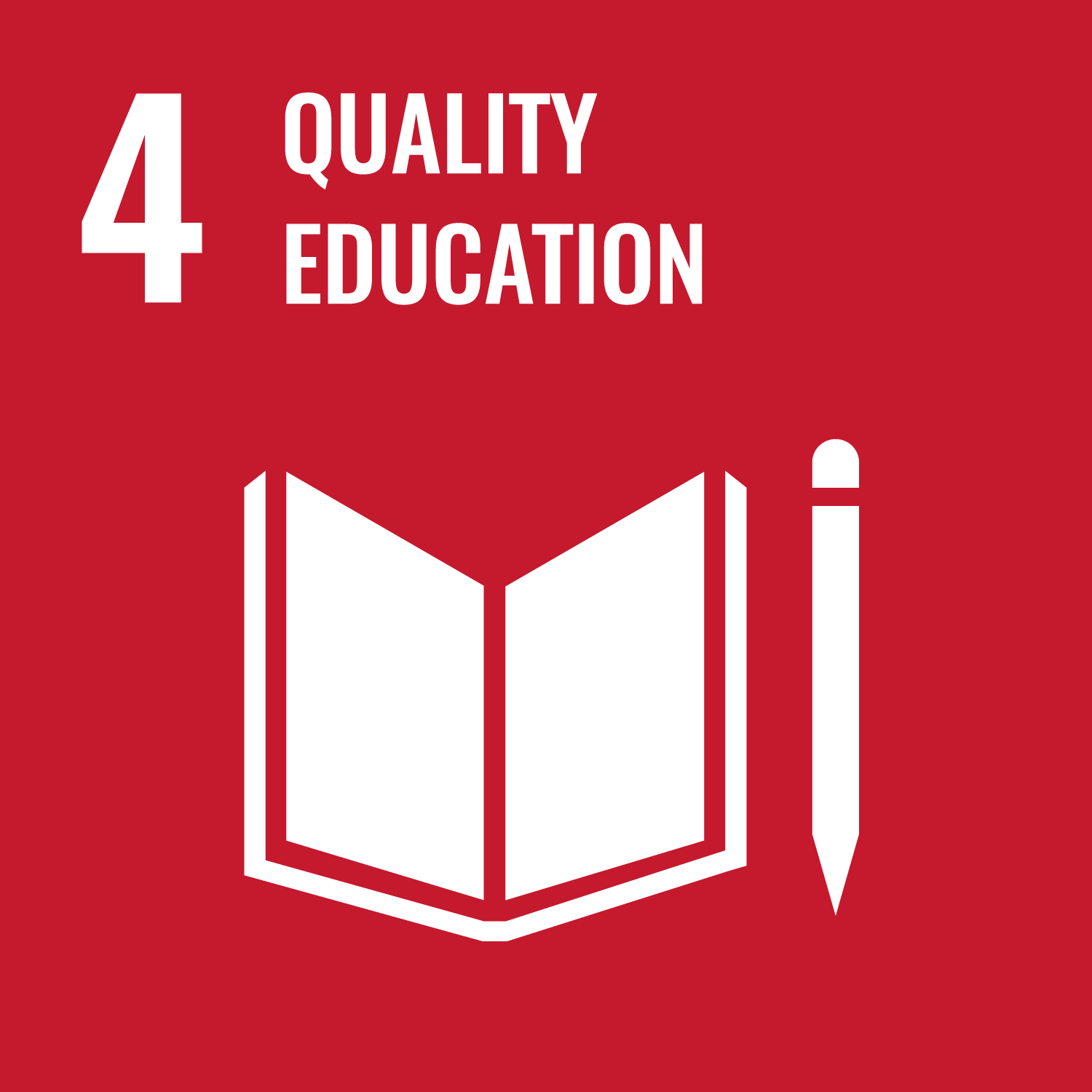
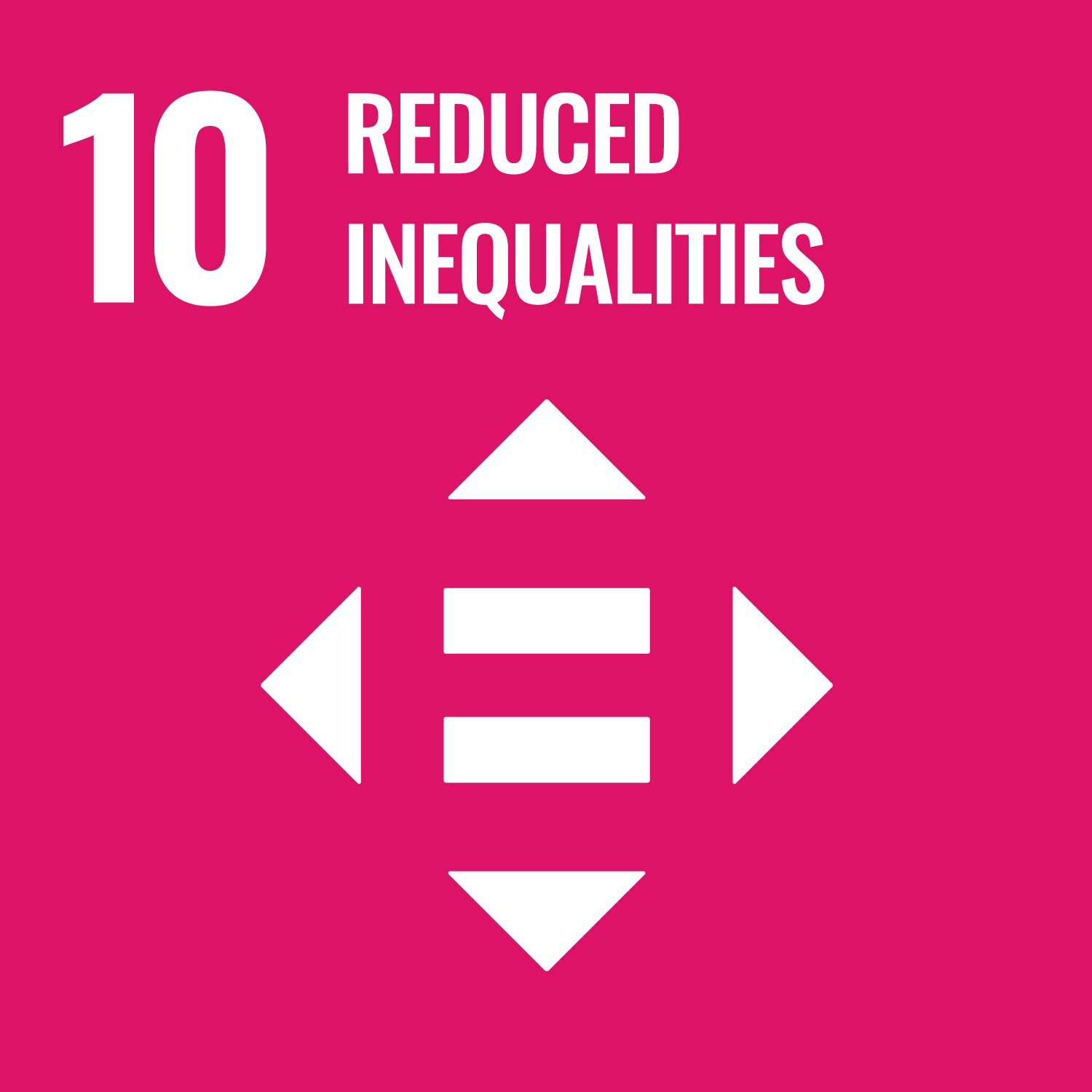
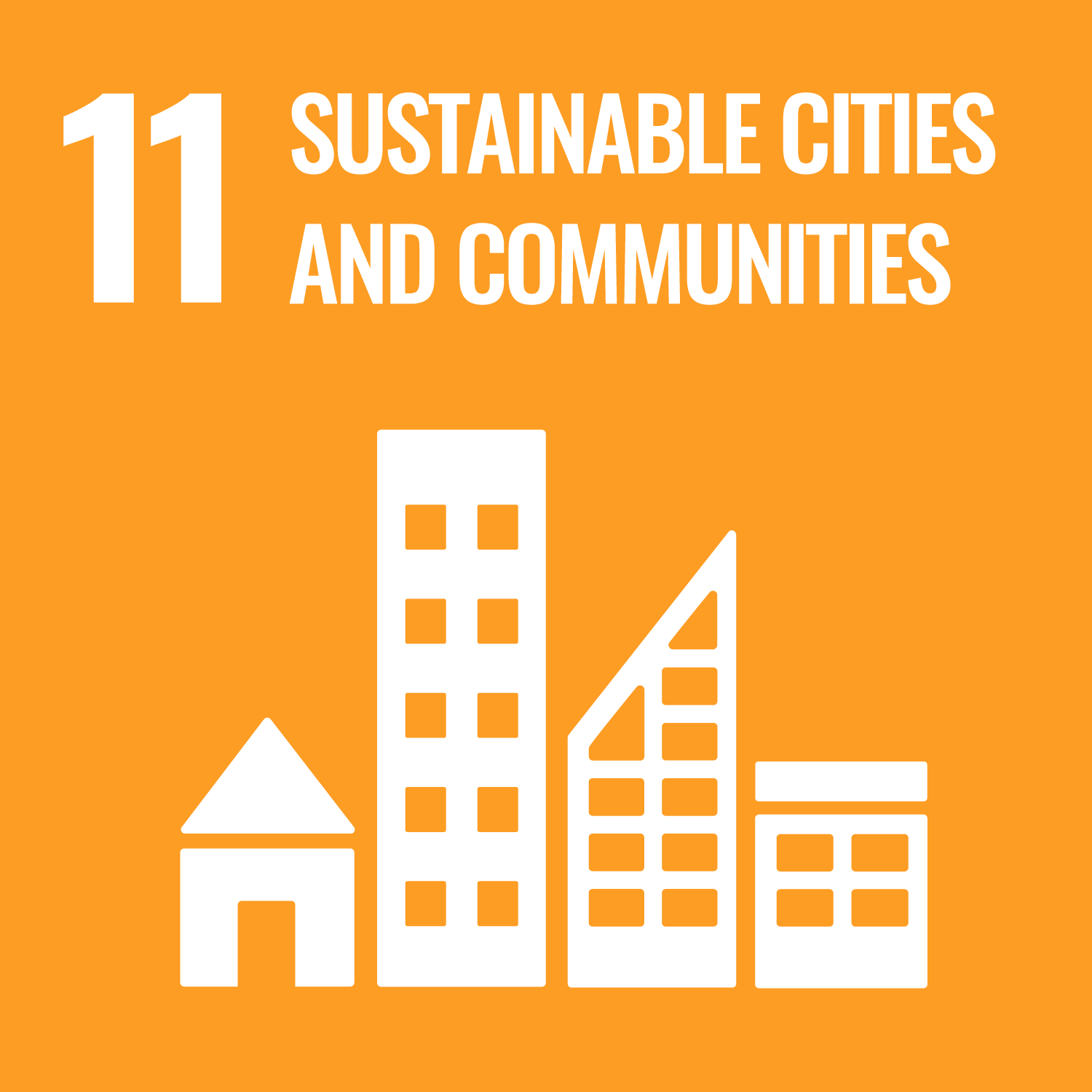
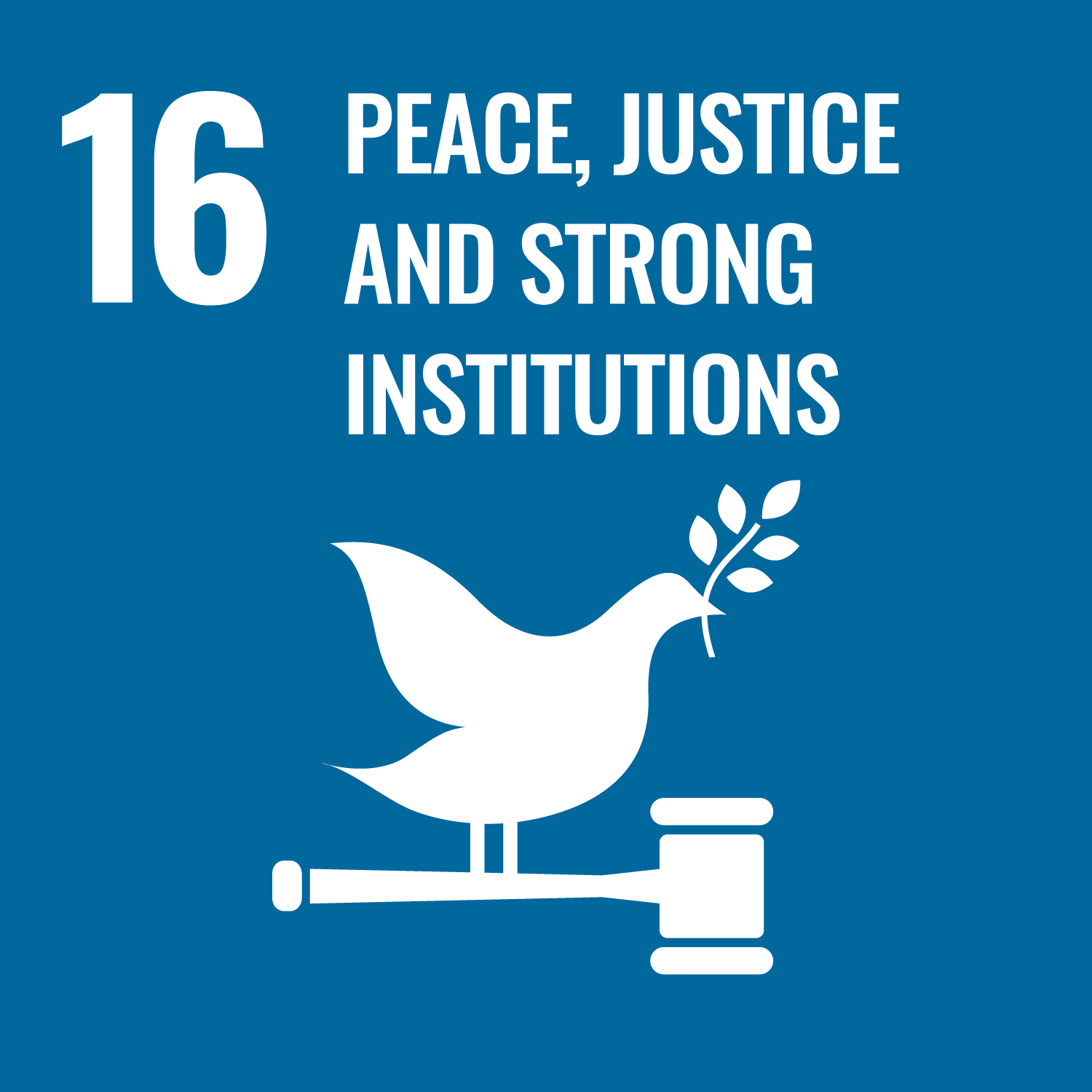
Reflection
This activity was all about reflecting on a project and how it helped people’s community and encouraged them to be citizens. How did the project make a difference for people? Did people try anything new in this project or develop new skills? Today, people came up with a kindness pledge to make more change. Was it easy to decide on a pledge? Some people may have found it tricky to narrow their options down, while others may have struggled to decide whether to join a group or go solo. What does it mean to be a kindness champion in the community? What has being a kindness champion got to do with being a citizen?
Safety
All activities must be safely managed. You must complete a thorough risk assessment and take appropriate steps to reduce risk. Use the safety checklist to help you plan and risk assess your activity. Always get approval for the activity, and have suitable supervision and an InTouch process.
- Online safety
Supervise young people when they’re online and give them advice about staying safe. Take a look at our online safety or bullying guidance. The NSPCC offers more advice and guidance, too. If you want to know more about specific social networks and games, Childnet has information and safety tips for apps. You can also report anything that’s worried you online to the Child Exploitation and Online Protection Command. As always, if you’ve got concerns about a young person’s welfare, including their online experiences, follow the Yellow Card to make a report.
Depending on your group, it may be useful to have an adult at each sheet of paper to help people write down their ideas.
Different groups will also be ready to reflect in different ways. You know your group best: adapt the reflection so it works for them.
People can record their thoughts on the big sheets of paper in whatever way works for them, including drawing and writing ideas down.
All Scout activities should be inclusive and accessible.
Could you help others to come up with their own kindness pledge? Maybe you could talk to the people you live with, your friends, or another group.
Discover more at https://www.redcross.org.uk/
